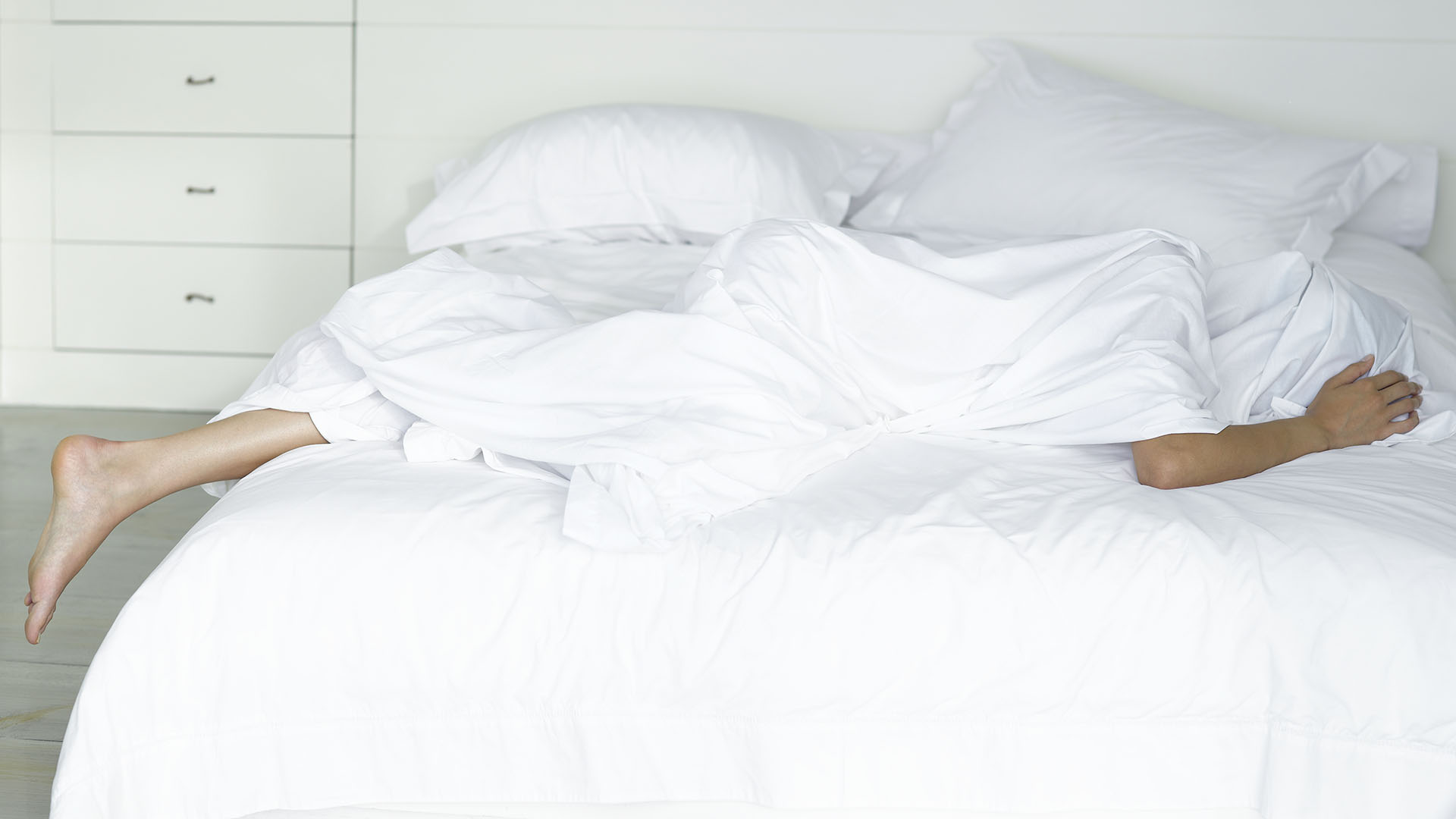
17 minutes of sleep can be too little, or too much, depending on who thinks it. For someone who has a deep and restful rest, it will seem that the day does not change, but for those who suffer problems falling asleep or waking up several times during the early morning, it could be very positive to receive that plus every night.
These people will surely want to know the details of a recent study, according to which lifting weights or doing push-ups could provide 17 more minutes of sleep.
And apparently, such a routine is better than running or cycling for people with sleep problems, researchers found.
It is apparently believed that small tears in the muscles after strength training may require more hours of sleep to heal properly, the Daily Mail published.
The study examined 386 people who were overweight or obese, aged 35-70, who lived sedentary lives and had relatively high blood pressure.
For the analysis, they were divided into four groups: one that did not exercise and another that spent three hours a week of strength training on gym machines.
A third group did three hours of aerobic work a week, running on a treadmill or using an exercise bike. The final group did a combination of both types of exercise.

All participants in the study reported on the quality of sleep, how long they slept and how much time in bed they actually spent asleep.
As the researchers observed, “among study participants who did not sleep for at least seven hours when exercise sessions began, those who ran, biked or used an elliptical machine gained an average of 23 minutes of sleep per night.”
However, the time rose to an additional 40 minutes of sleep for those doing strength training.
People in the resistance and combination exercise groups also spent more time in bed sleeping, while those in the resistance group tended to fall asleep three minutes earlier than those in other groups.
In addition, sleep quality and sleep disorders improved in all groups, including the group that did not exercise.

Angelique Brellenthin was the study's lead researcher and acknowledged that while aerobic activity is often recommended for people with insomnia, little research was done on the effects of endurance training on sleep.
In the opinion of the scientist at Iowa State University in the USA, “while both aerobic and endurance exercise are important for overall health, the results of the work suggest that resistance exercises may be superior when it comes to improving the z's at night.”
“Therefore, if a person's sleep has worsened noticeably over the past two stressful years, they should consider incorporating two or more sessions of resistance training into their regular exercise routine to improve the overall health of their muscles and bones, as well as their sleep,” emphasized the researcher.
The results are important when you consider that lack of sleep or poor quality sleep was recently found to increase the risk of high blood pressure, high cholesterol and hardening of the arteries.
Not getting enough sleep is also linked to weight gain, diabetes, and inflammation, which can worsen the risk of having a stroke, heart attack, or early death.
KEEP READING
Últimas Noticias
Debanhi Escobar: they secured the motel where she was found lifeless in a cistern
Members of the Specialized Prosecutor's Office in Nuevo León secured the Nueva Castilla Motel as part of the investigations into the case

The oldest person in the world died at the age of 119
Kane Tanaka lived in Japan. She was born six months earlier than George Orwell, the same year that the Wright brothers first flew, and Marie Curie became the first woman to win a Nobel Prize

Macabre find in CDMX: they left a body bagged and tied in a taxi
The body was left in the back seats of the car. It was covered with black bags and tied with industrial tape
The eagles of America will face Manchester City in a duel of legends. Here are the details
The top Mexican football champion will play a match with Pep Guardiola's squad in the Lone Star Cup

Why is it good to bring dogs out to know the world when they are puppies
A so-called protection against the spread of diseases threatens the integral development of dogs




